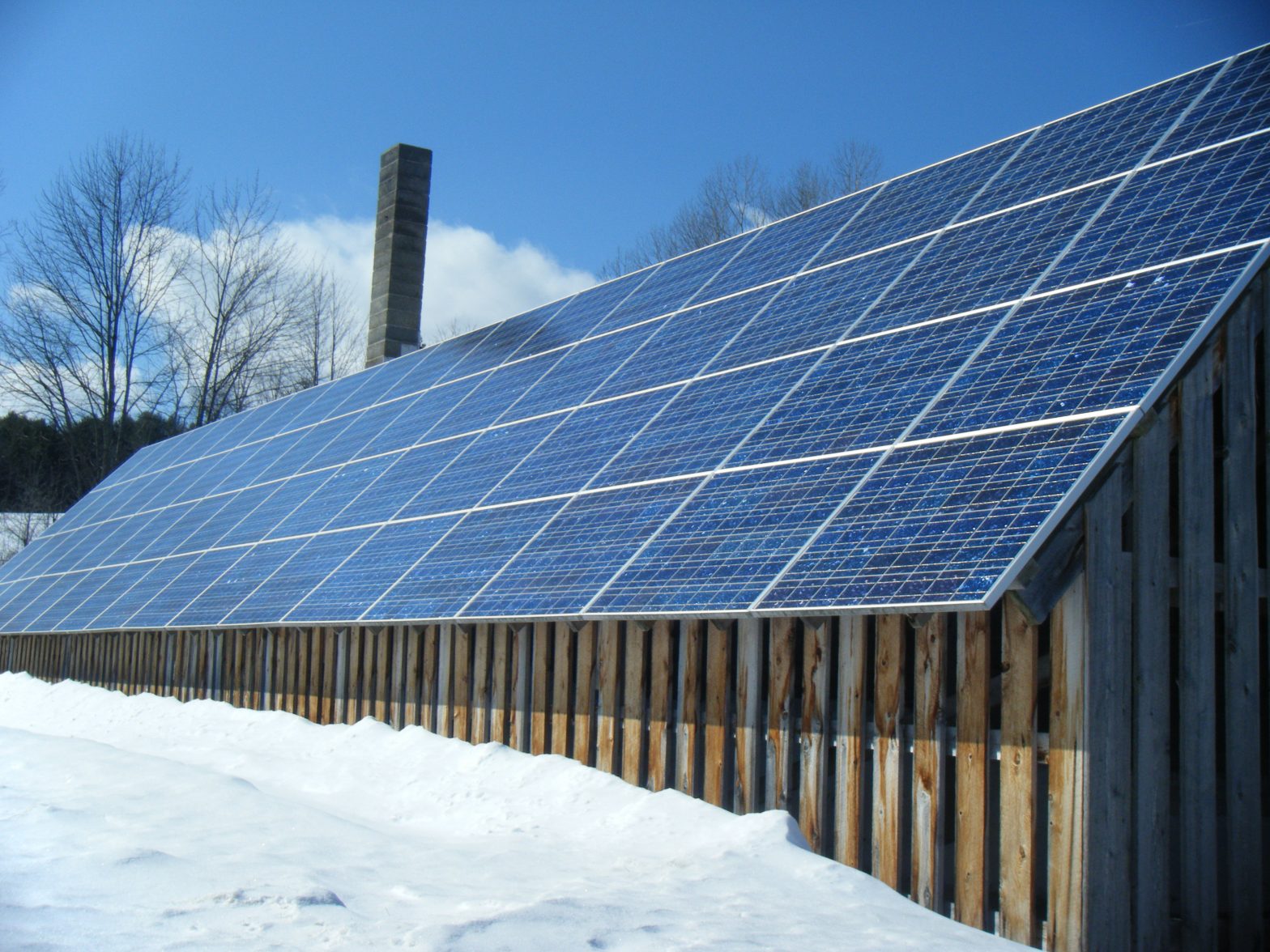Every time the winter season comes along, among the main queries of prospective solar energy users, ask how the cold weather will affect the performance of their solar panels. That said, a productivity hit may occur because of three factors that seem to limit efficiency:
- Snow Coverage
- Low Temperatures
- Reduced Sunlight
While all three of those factors could affect your panels, the outcomes aren’t what you’d predict. When those environmental patterns occur during the winter season, here’s what you need to know.
Snow Coverage
Snow will reduce the effectiveness of your solar panels for a period of time, but it is a temporary issue that will resolve itself in a few weeks.
Before you begin to see a reduction in your solar panel performance, you’ll notice a decrease in efficiency due to the cover that protects you from snow clouds. If your roof is facing south or east, or your panels are mounted on the ground, more light does not penetrate the roof than it does the ground.
Luckily, the panels are protected from snow accumulation, thanks to their inherent design. Another important consideration to bear in mind is using snow guards for your panels.
Low Temperatures
In most cases, you should expect cold temperatures to be fine for electronics. That said, your solar panels don’t need heat to generate electricity.
For the solar panels to work, what they require is light. Although the surface of these panels is generally dark in color, that surface does not heat up when absorbing sunlight. Furthermore, any excess heat might even hurt your solar panel’s performance.
Moreover, the cold temperatures have the added benefit of increasing the overall quality of energy transmission from the main panel to the wirework supporting it. The colder temperatures can make for a temporary boost in efficiency even though there is no snow on the ground, simply because it’s easier to move the snow, and you’re also able to do so with less wasted energy.
Reduced Sunlight
The last general question for winter productivity is that the sunshine is less direct in the winter than it is in the summer. Understandably, this lower-intensity type of sunlight will affect efficiency.
However, the better design of these devices is another important factor in their performance. Solar panels were less popular in the past only because they were substantially less effective than current designs.
Conclusion
In conclusion, your solar panels will almost certainly do just as well during the winter months as they would during the summertime. In fact, you may find that in your current location, your panels may even perform slightly better during the colder season.




Average Rating